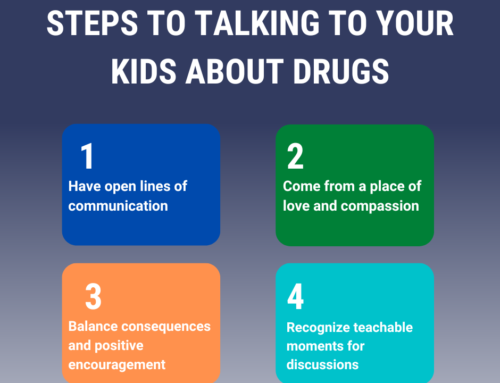Prescription painkillers are strong medications that, while they relieve pain and discomfort, often carry the risk for harmful effects or even addiction. When used properly, they’re a tool to help overcome serious injury, but it’s a slippery slope when it comes to how much is too much, and even though it’s been prescribed by a doctor, pain medication can be just as dangerous as any illicit street drug.
A wide variety of prescribed medications can be abused, but opioids are widely considered the most addictive prescription painkillers on the market. People who begin to take opioids to help cope with legitimate severe or chronic pain can find themselves addicted to these chemicals just as easily as someone taking the drug purely for their mind-altering effects.
These kinds of drugs attach themselves to molecules in the brain cells known as opioid receptors, the same areas affected by heroin abuse. This essentially triggers the brain’s happy button, flooding the brain with dopamine. Repeatedly taking a prescription painkiller to try and experience that feeling is what leads to addiction.
Even taken responsibly, any painkiller that affects the brain can change the way it works, especially when taken over a long period of time. It makes it harder to feel good without taking the drug, even if they aren’t experiencing the original pain any more. Whenever they try to stop taking the painkiller, uncomfortable withdrawal symptoms or a return of severe pain lead the person to return to taking painkillers, and over time, addiction takes root. Once a person is addicted to painkillers, the same dose may work for a while, but as the body adapts to having the drug in its system consistently, they often find they need to take more and more to get the same effects they first experienced.
Taking prescription painkillers can be a slippery slope, even if you’re struggling with a legitimate injury or chronic pain. Even in low doses, taking painkillers regularly for long periods of time greatly increases your risk of developing a problem. If you find yourself taking higher doses than you’ve been prescribed, notice yourself sleeping more or less, or needing to refill or even steal a prescription to keep up the effects, you may have a physical dependency that could quickly spiral into addiction. Contact the physician that prescribed you the painkillers originally and talk about a plan to help wean you off of them, and a plan for continued addiction treatment if necessary.
We know how important the right treatment is for you. That is why at The Springboard Center, we are providing the best possible treatment programs for recovery from addiction and alcoholism. Serving the Permian Basin, our treatment center offers the comforts of home while providing quality clinical care. Call us today for more information: (432) 620-0255




